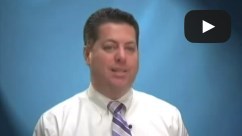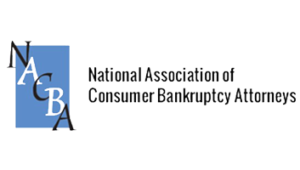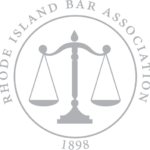Rhode Island Bankruptcy Debtors Catch a Break
Twice a year, the US Census Bureau and the IRS provide data used by bankruptcy lawyers to determine who qualifies for debt relief. On May, 1, 2012, the new income numbers became effective for all new bankruptcy case filings. The good news is that median income figures rose for all household sizes in Rhode Island. Below […]
A Unique Opportunity: Second Mortgages in Chapter 13
A Chapter 13 bankruptcy may allow you to strip off an unsecured second mortgage on your home. Consult a qualified bankruptcy lawyer to discuss this option.
How To File a Chapter 7 Bankruptcy Petition

Chapter 7 bankruptcy timeline helps explain how a typical bankruptcy works.
The Truth About the Mortgage Modification Process
Mortgage modification works for a small minority, while the majority of homeowner’s who apply under HAMP end up being disappointed. The larger question is whether it makes sense to keep a house that consumes too much of your disposable income. For many, surrendering the house and discharging the debt in bankruptcy is an option worth considering.
Choosing the Best Rhode Island Bankruptcy Lawyer
The best RI bankruptcy lawyer devotes his practice exclusively to Rhode Island bankruptcy work, handles your case himself, provides good communication, and charges a fair fee.
Bankruptcy Lawyer’s Advice on Reaffirmation Agreements
RI bankruptcy lawyer explains reaffirmation agreements and how to protect property in a Chapter 7 bankrutpcy without becoming personally liable.




